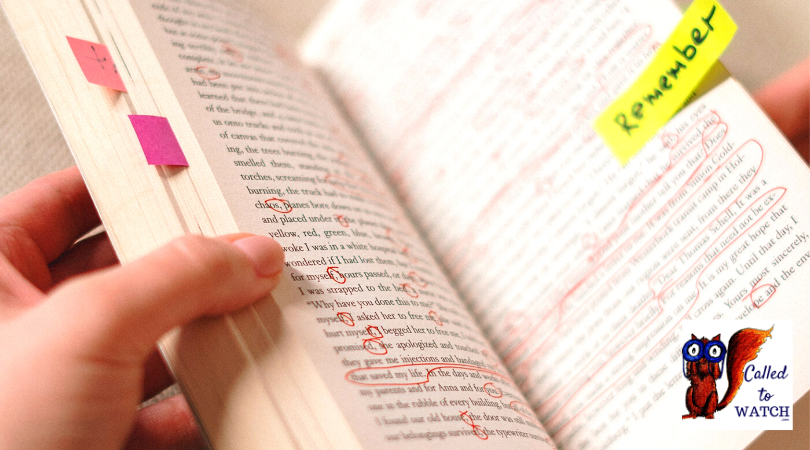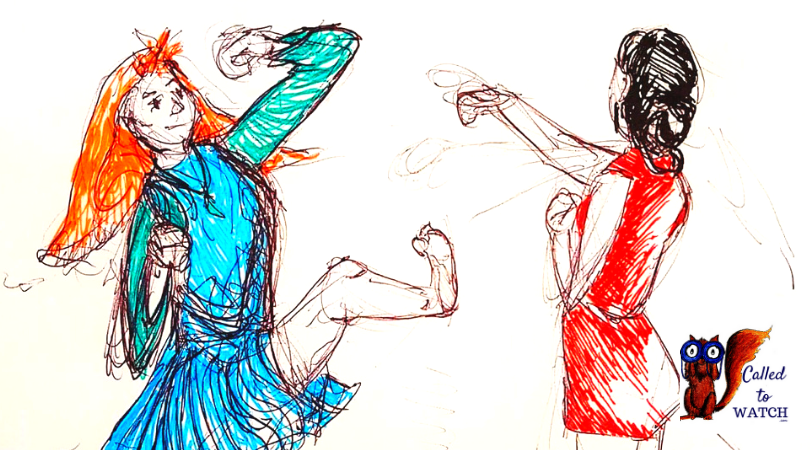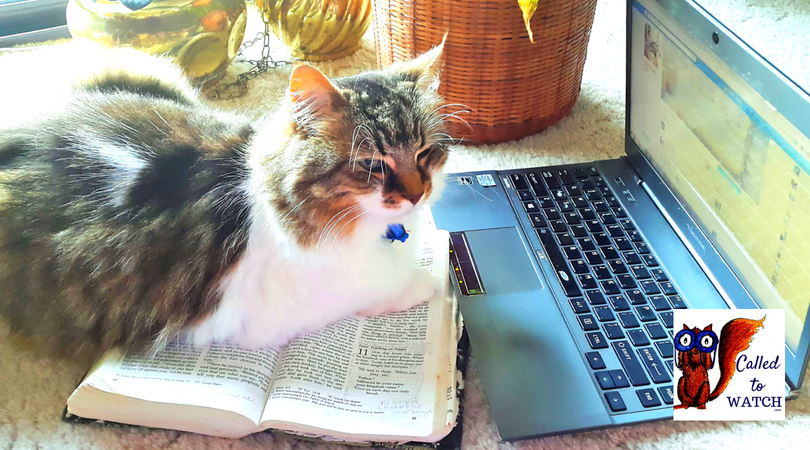How is Watching going for you? Are you in a season of relative peace or does it feel like troubles are knocking at your door and crowding out your view of Jesus?
Whichever it is, (and maybe it’s both!) I’ve been doing a bit of thinking lately about the most important reminders for our Watching journey. The theme of Called to Watch this year is Watching for the Long Haul, and so far we’ve reflected on:
Practicing Self-Compassion as Watchers
The Importance of Stopping to Heal
But if there were two things I could always have at the forefront of my mind as I Watch, two things which would make a real difference to the way I Watch and equip me for the long haul, it would be these:
Continue reading “If all else fails, remember two things”








